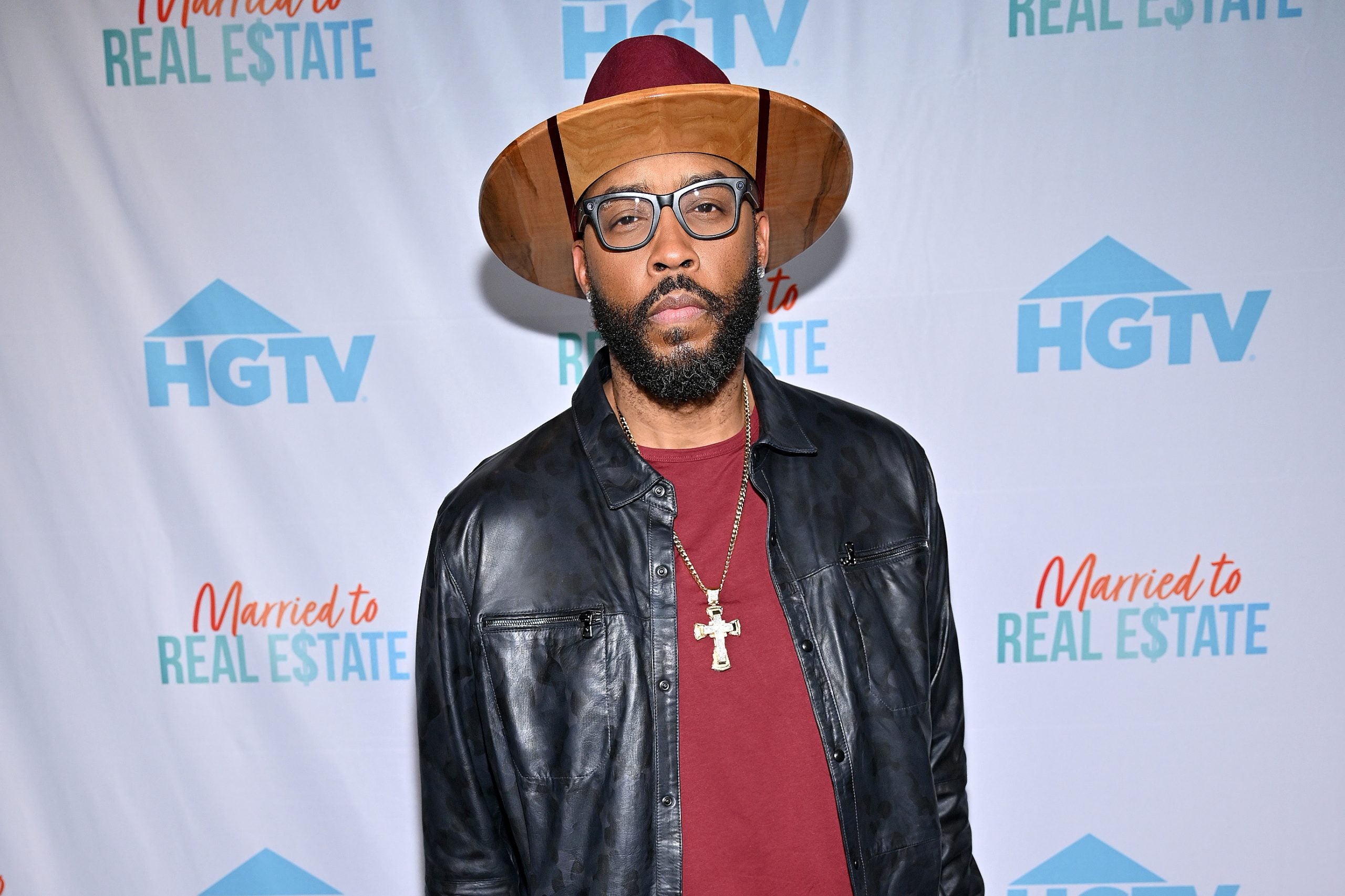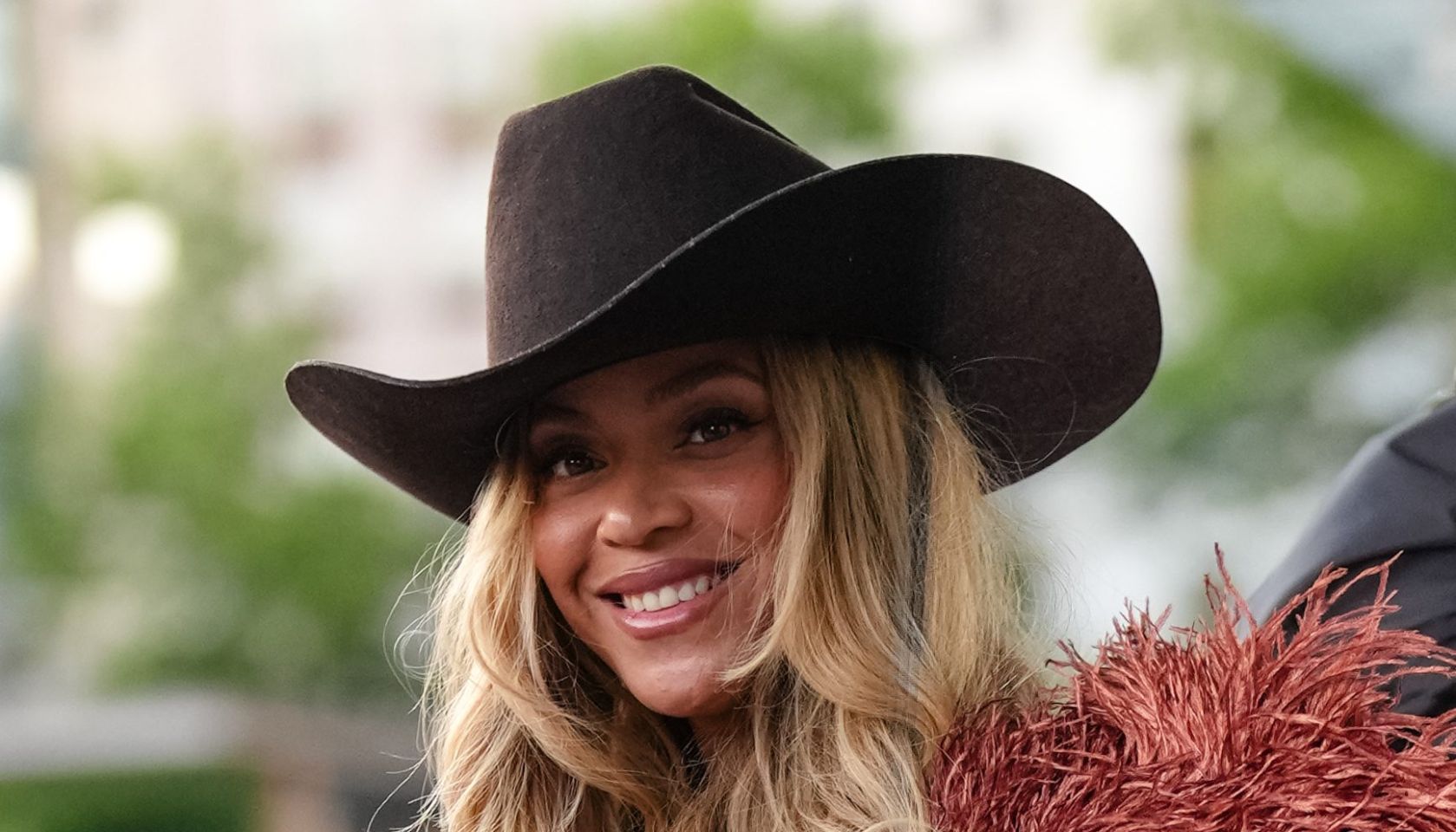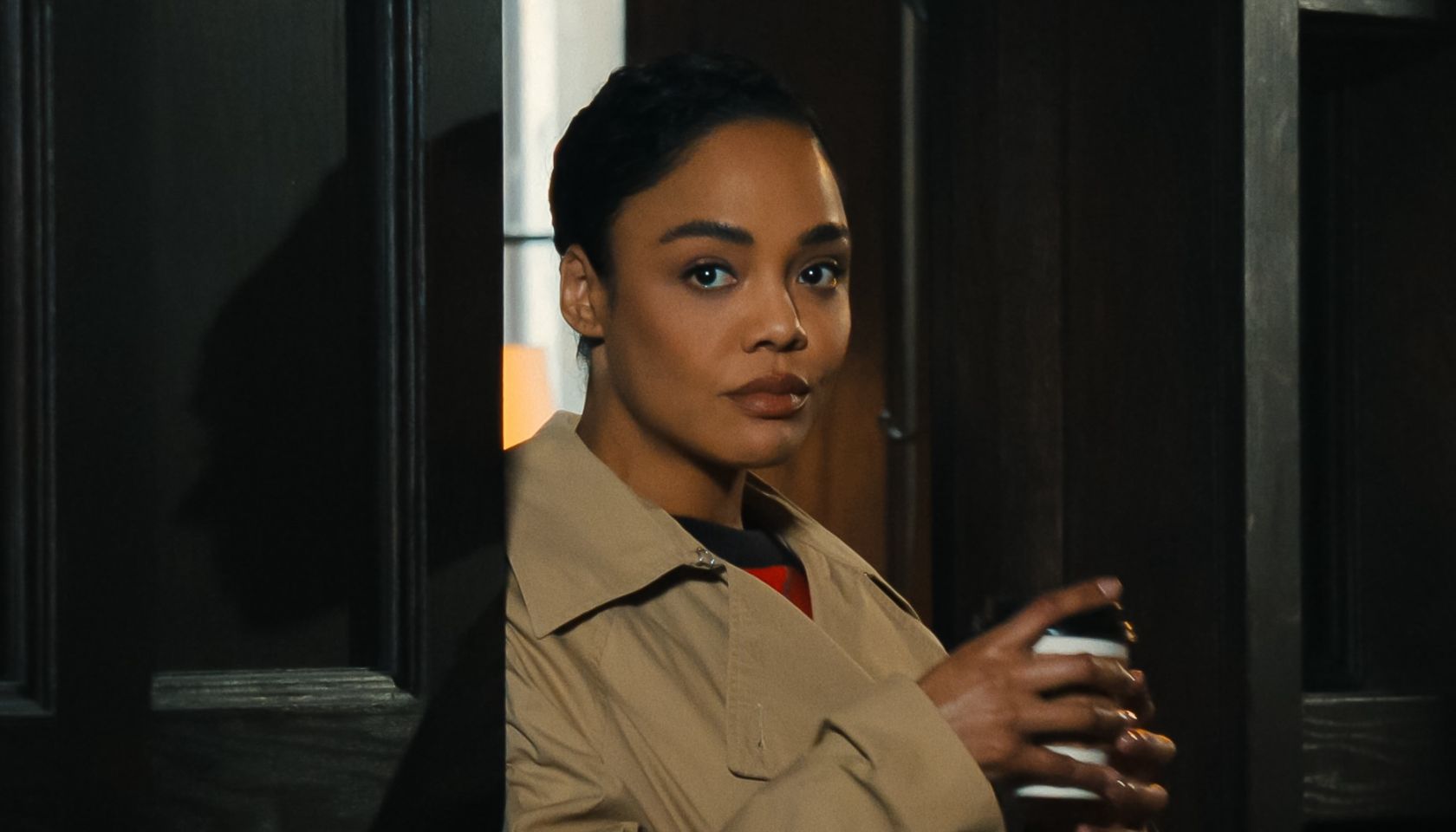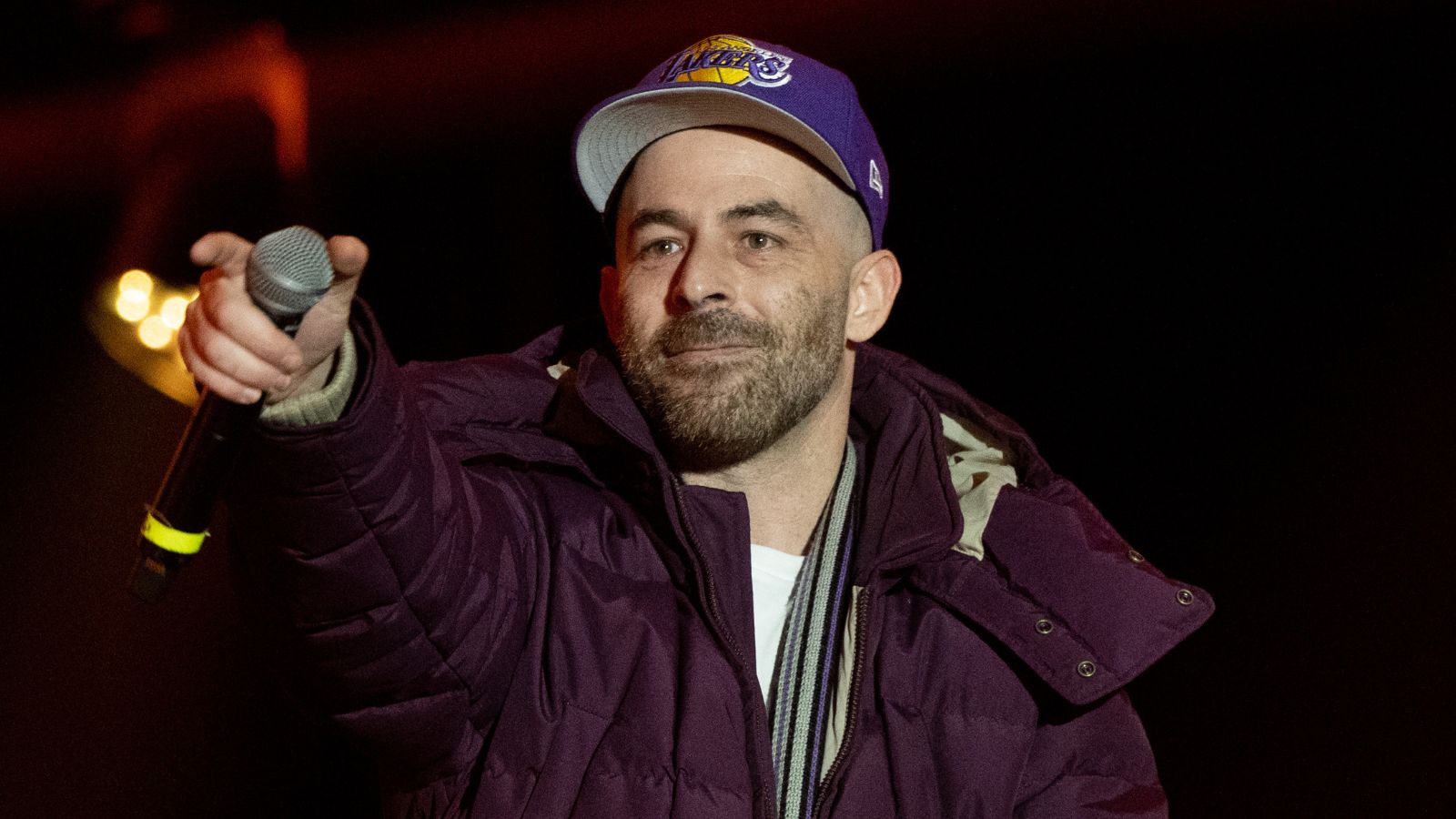With his bright smile and fit, six-foot-eight frame, Montell Jordan still looks every bit the performer who gave the world “This Is How We Do It” 30 years ago. Catching up with him via video chat, it’s hard to reconcile the 56-year-old’s energy, presence, and easy laugh with the news he’s just shared: nine months after surgery cleared his margins, Jordan’s cancer has returned to his prostate bed and spread to his left lymph node.
“I feel fantastic,” he says, his voice calm, steady. “That’s part of the challenge with this diagnosis, is that you don’t feel cancer-y. The diagnosis of telling you that something foreign is inside of you is where the mental instability can come from. That’s where the real battle takes place, because whatever a man or woman thinks, that’s what they become.”
For Jordan, that battle has meant staying grounded in his faith and refusing to let the disease isolate him. “It gets you in a place of feeling like you must keep it to yourself,” he explains. “In getting diagnosed, you don’t want to tell the people around you that you’re navigating this journey. It’s very difficult to carry this on your own, but you don’t want to affect others with the cancer that you may be navigating. Even when you share, it’s difficult for people to understand you’re not asking them to carry cancer, you’re asking them to carry you. They help carry you through the process.”
Jordan knows too well that in the Black community, screenings can be a hard conversation. “There’s mistrust of medical doctors, there’s access issues, and for some men, it’s the stigma of the rectal exam itself,” he says. “But cancer doesn’t care about deterrents.”
He’s quick to cite the numbers: African American men are 70 percent more likely to be diagnosed and twice as likely to die from prostate cancer—even though the disease is 99 percent curable if caught early. “Early detection saved my life,” Jordan insists. “And continued checkups continue saving it.”
While prostate cancer affects men physically, Jordan stresses that it impacts entire families—and women often play a vital role. “To the wives, moms, sisters, daughters—the women in the lives of these men—your support matters,” he says. “Pushing or pulling the men you love to get screened can literally save lives.”
For his wife of 31 years, Kristin, that support has been unwavering. “She’s a G,” he says with a smile. “When I need God to show up in my life, she literally becomes the hands and feet of Christ in my life to help me humanly navigate what I spiritually already know that I’m healed from. She is strength when I am weak.”
Sharing this journey hasn’t been easy for Jordan, who admits he initially wanted to keep his diagnosis private. “It’s personal to my kids, it’s personal to my wife,” he says. “It’s a story that’s only being told because I felt like God was saying, ‘You’re going to be the template.’”
He remembers feeling the shock of losing actor Chadwick Boseman and the absence of a roadmap for what he endured privately. “I didn’t know what doctors he saw, what treatments he tried, how he told his family,” Jordan reflects. “I had no GPS. So God told me to document this—document the tears, the strong days, the weak days, the conversations—for any person to know this is the direction they could possibly take because we are willing to share our story.”
That commitment to transparency has grown into a mission. Jordan’s forthcoming documentary, Sustain, is slated for release in 2026, chronicling his journey while encouraging others to take action. He’s also partnered with ZERO Prostate Cancer as a global ambassador. Together, they’re launching the This Is How We Cure It tour, visiting 30 cities with screenings tied to the film.
“This isn’t just a movie, it’s not just medical, it’s a movement,” he says. “My cancer journey would be futile without motivating men to get out and take action.”
As he begins seven weeks of targeted radiation this fall, Jordan’s eyes stay fixed on the future he and Kristin dream of.
“Our mission statement is rocking chairs and beyond,” he says. “That’s us being old, sexy people on the front porch, sitting in rocking chairs, reading an ESSENCE magazine, looking out at our kids, grandkids, and great-grandkids running around on our family legacy.”
That vision of family is what anchors him, but it’s also what fuels his urgency to turn his personal battle into something larger.
“I would love to be able to look back and say the This Is How We Cure It tour was something we started in the middle of a storm that has saved hundreds of thousands of lives. I know that Zero has a plan to try and save 100,000 men in the next 10 years. I’m trying to expedite that and multiply that number. That’s what I’m shooting for and in doing so, wanting my life to be a lot more than just a song.”







